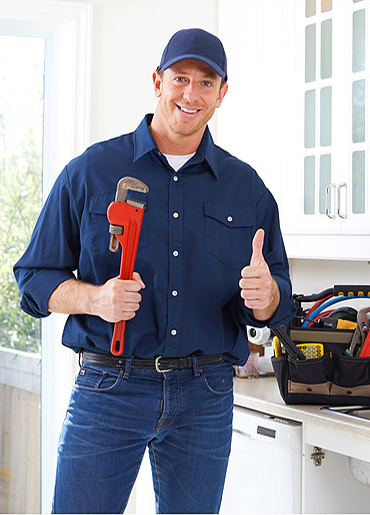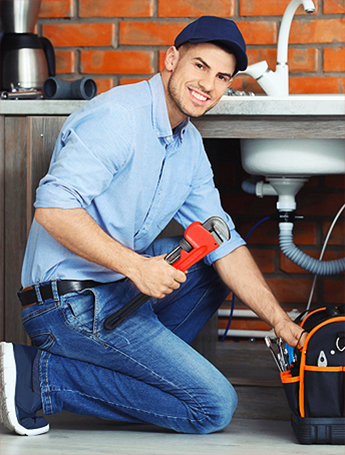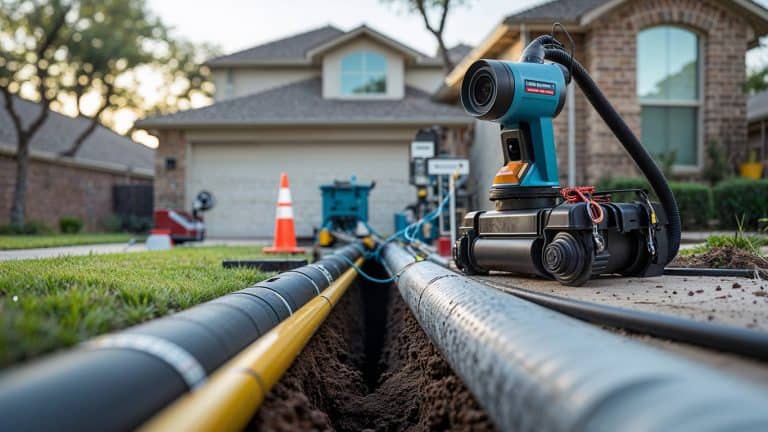
How Do You Fix A Broken Underground Sewer Pipe In Boerne?
Introduction
When it comes to maintaining the integrity of a home, few things are as critical as a properly functioning sewer system. In places like Boerne, Texas, where the soil can shift and change, the issue of broken underground sewer pipes can become quite pressing. Homeowners might find themselves grappling with the unpleasant consequences of sewage backup, foul odors, and even property damage. This guide aims to provide a comprehensive overview of repairing broken underground sewer pipes specifically tailored for residents in Boerne.
From understanding the signs of a broken pipe to exploring various repair methods and considerations, this article is your go-to resource for all things related to sewer repairs.
Understanding Broken Underground Sewer Pipes
What Causes Underground Sewer Pipes to Break?
Underground sewer pipes can break due to several reasons:
How Do You Know if Your Sewer Pipe is Broken?
Identifying a broken sewer pipe early is crucial for effective repair. Here are some common signs:
- Slow Draining Fixtures: If sinks or toilets drain slowly across your home, it could indicate an underlying issue.
- Unpleasant Odors: Foul smells around your yard or near plumbing fixtures may suggest a leak.
- Soggy Areas in Yard: Wet patches or pooling water in your yard could indicate sewage leaking from a pipe.
- Gurgling Sounds: Unusual gurgling noises from drains often signal air trapped in blocked pipes.
A Guide to Repairing Broken Underground Sewer Pipes in Boerne: Methods and Considerations
DIY vs. Professional Repairs
Should You Attempt DIY Repairs?
While some homeowners may feel confident tackling minor plumbing issues themselves, repairing broken underground sewer pipes usually requires professional expertise. Attempting DIY repairs without proper knowledge could lead to further complications.
Why Hire Sewer Repair Companies?
Hiring skilled sewer repair companies comes with its own set of advantages:
- Expertise: Professionals understand local building codes and best practices for repairs.
- Specialized Equipment: Advanced tools like trenchless technology make repairs less invasive.
- Warranty Options: Many companies offer warranties on their work, providing peace of mind.
Choosing the Right Sewer Repair Company
What Should You Look For?
When selecting a sewer repair company in Boerne, consider these factors:
Questions To Ask Potential Contractors
Before making your choice, ask potential contractors these questions:
Common Methods for Repairing Broken Sewer Pipes
Traditional Trenching
What is Traditional Trenching?
Traditional trenching involves digging up the ground above the damaged pipe to access it directly for repairs or replacement.

Pros and Cons of Traditional Trenching
| Pros | Cons | |------|------| | Direct access for thorough inspections | Disruptive excavation | | Potentially straightforward repair process | Landscapes may be damaged |
Trenchless Technology
Understanding Trenchless Technology
Trenchless technology allows for pipe repair without extensive excavation by using existing access points.

Benefits of Trenchless Methods
- Minimal disruption to landscaping
- Faster completion times
- Cost-effective solutions in many cases
Epoxy Pipe Lining
What is Epoxy Pipe Lining?
This method involves coating the inside of existing pipes with an epoxy resin that hardens into a new pipe lining.
Advantages of Epoxy Pipe Lining
Considerations Before Choosing a Repair Method
Assessing the Severity of Damage
Before deciding on a repair method, it's crucial to assess how severe the damage is:
- Is it localized damage or widespread?
- Are there multiple breaks along different sections?
Budget Constraints
Determine how much you're willing to spend on repairs; this will significantly influence your decision on repair methods.
Local Regulations
Boerne has specific plumbing regulations; make sure whatever method you choose complies with local laws.
Preventative Measures After Repairs
Regular Inspections
Once your sewer system has been repaired, commit to regular inspections every few years to catch any potential problems early on.
Proper Maintenance Practices
Employ proper maintenance practices such as:
FAQs About Underground Sewer Pipe Repairs
1. How long does it take to repair an underground sewer line?
The duration depends on the repair method chosen but generally ranges from one day (for trenchless methods) up to several days (for traditional trenching).
2. Will my insurance cover sewer line repairs?
Many homeowner's insurance policies do cover some types of sewage damage but verify specifics with your insurance provider.
3. Can I spot my own broken sewer lines?
While some signs are evident (like slow drains), professional assessment is often necessary for accurate diagnosis.
4. How much will it cost for sewer line repairs?
Costs vary based on severity but expect anywhere from $2000-$25,000 depending on complexity and method used.
5. Is trenchless technology worth it?
Though initially more expensive than traditional methods, trenchless technology often saves money through reduced restoration costs after excavation.
6. How often should I have my sewer lines inspected?
It’s advisable to inspect them every 2-3 years unless you've experienced issues requiring more frequent checks.
Conclusion
In conclusion, understanding how to approach repairing broken underground sewer pipes in Boerne is essential for maintaining good home health and avoiding costly damages down the line. Whether considering DIY fixes or hiring specialized sewer repair companies, it's vital that homeowners prioritize expert assessments over guesswork when faced with this issue.

By being gottfriedplumbing.com proactive about maintenance and embracing modern techniques like trenchless technology or epoxy lining when necessary can save both time and money while ensuring peace of mind regarding one’s home infrastructure! Always remember that when it comes down to critical systems like sewers—it's better safe than sorry!